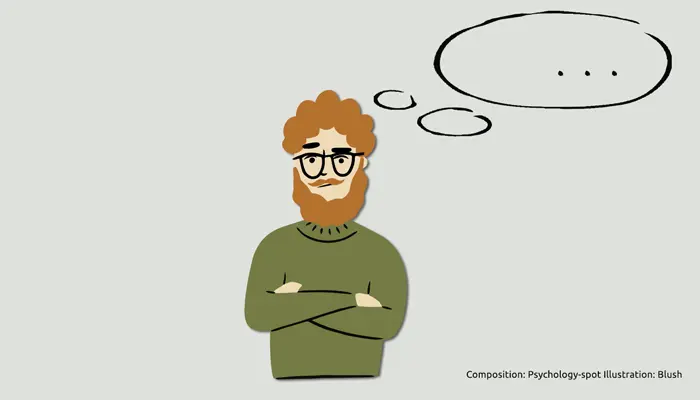
Less is more, said architect Mies Van der Rohe. However, it is difficult for us to assimilate that we should subtract more and add less. And it shouldn’t even surprise us since we live in a society that measures our worth based on the amount of money, possessions and successes. That conditioning sets a trap for our brain and causes us to develop an additive thinking that ends up causing us to miss opportunities.
Thinking that more is always better
To improve certain objects, ideas or situations or simply to find solutions to problems, we need to start a thinking process that generates changes. Generally, because our cognitive capacity is limited, we cannot consider a large number of options, so we tend to focus on the most promising ideas or limit ourselves to those that we consider the best.
The funny thing is that when we choose those options, we have a tendency to add. That was the conclusion reached by researchers at the University of Virginia after conducting eight different experiments in which they asked participants to improve different things, from designs and tests to recipes, itineraries, structures and even holes of a golf course.
These psychologists found that we focus more on adding some element, regardless of its usefulness or relevance to the problem at hand. “The funny thing is that this trend is the same in engineering as it is in writing, cooking and everything else,” the researchers noted.
In fact, when we think about improving an object or situation, almost always the first thing that comes to mind is the possibility of adding something. This additive thinking can explain why we fill our agenda more and more, bureaucratic procedures proliferate in institutions and everything seems to be increasingly complex.
Why does our brain activate additive thinking by default?
Additive ideas come to mind more quickly and easily, while subtractive ideas require greater cognitive effort. As we don’t have much time on a daily basis and we need to find quick solutions to the problems that arise, we tend to accept the first ideas that come to our mind, which are the additive ones, so that we end up accepting additive solutions, without consider subtracting something.
Later, when we must solve more important problems in life, our brain is so used to additive thinking that it does not even value the possibility of looking for solutions in subtraction. It is the victim of a continuous reinforcement that begins when we are kids and never ends since the world around us tells us that we must do more, have more and be more.
As a result, we are always thinking of adding. We think that more is always better. The problem is that the more we rely on additive strategies, the more cognitively accessible they become and over time they may become the only solution we can think of.
That ends up permeating our vision of the world and of growth. We think that life is adding more and more things, living more experiences and knowing more people, when many times the real change occurs when we learn to subtract.
If we do not conceive subtraction, not only does another world of alternative possibilities to find solutions to our problems escape us, but we also deprive ourselves of the possibility of simplifying our lives and finding mental balance through minimalism.
How do you balance the additive thinking?
It is normal that we are attracted to add because our civilization has been built by adding more and more things and our economic system prioritizes growth. However, we must be aware that many times less is more.
So the first step is to recognize that urge to add. That simple awareness will allow us to break the habit, think differently and open ourselves to the possibility of subtracting.
The second step is to manage the emotions that flood us when we think about subtracting. Because we are so linked to addition, many times the simple prospect of subtracting generates enormous anxiety. That anxiety leads us to cling to the situation we want to change and keeps us from solving the problem. Therefore, we need to learn to be comfortable with the possibility of subtracting and eliminating all that is superfluous.
The third step consists precisely in detecting everything unnecessary and complex. Would we be better off without it? Could we remove it? How we do it? We need to take our time. Additive thinking gives us faster solutions because it is automated, while subtraction takes more time. However, the results are worth it.
Source:
Adams, G. S. et. Al. (2021) People systematically overlook subtractive changes. Nature; 592 (7853): 258.



